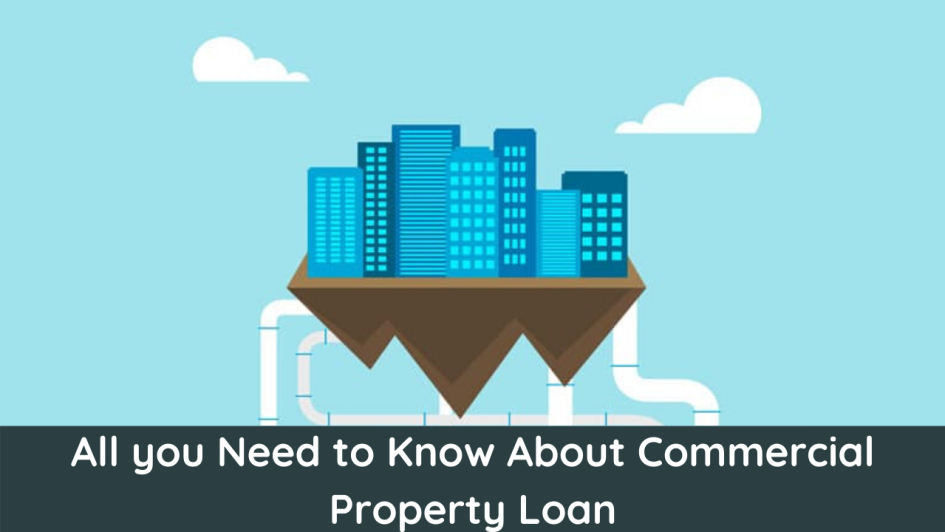
Commercial real estate loans are different from home purchase loans in many ways. Mortgage approval is easy for most people, but few people know how a commercial real estate loan can finance the purchase of their office/workplace.
Commercial real estate loans can only be used for business purposes such as the purchase of office space, office complexes, hotels, restaurants, etc. Commercial real estate is further divided into two segments:
- Office space
- retail store.
These two categories are in turn divided into ‘under construction’ and ‘preparing for occupancy’.
Because these properties are commercial properties, they tend to be overpriced and expensive. Buyers are business people who need their own office/work space and investors who want to lease these commercial properties to the companies/businesses they invest in or rent them out to others.
However, if you want to acquire commercial property to set up your own office, lenders are willing to lend, but are a little nervous about approving loans to investors. Okay, this was from the lender’s perspective, now let’s focus on the borrower’s perspective.
Factors Affecting Approval of a Commercial Property Loan
- As a borrower, there are several things to consider when approving a commercial real estate loan. This includes preparing documents such as proof of address, income statement, proof of identity and tax returns.
- Another point to consider here is the processing fee. For commercial real estate loans, the lender charges his 1% of the loan amount as a processing fee. However, by taking advantage of various offers, some financiers cut their fees. Now, the most important part of a loan is the interest rate. Here, interest rates for commercial real estate loans are usually higher compared to other real estate loans. Other expenses included in this loan are: B. Loan Application Fees, Approval Fees, Loan Amounts, and Annual Fees.
- Another factor that plays an important role is lenders’ focus on the builder’s profile and credit in the market. When a property is under construction, lenders pay more attention to the details provided by builders, as it is important to be ready to own on time. It’s easier to get a loan for newer commercial real estate than for older commercial real estate. In fact, such buildings are high risk, which makes it very difficult to get a loan.
- Commercial real estate loans have very short terms compared to home construction and mortgage loans. Commercial real estate loans have a maximum repayment term of 10 years. Credit margins are also not very high. In addition, lenders specify various requirements that must be followed accordingly.
- Lenders also meet the requirement that loans are only permitted if the borrower has a minimum area square meter to be loaned. And different companies and financial institutions follow different rules, regulations, and policies.
- Another factor that can be helpful when availing a commercial real estate loan is the “LTV ratio,” commonly known as the loan-to-value ratio. This ratio helps calculate the value of the loan provided and the value of the property. Borrowers with low loan-to-value ratios should be eligible for loans because of the low risk and high interest rates on real estate. For commercial real estate loans, an LTV range of 65% to 80% is allowed.
- CRE loans are restricted from repayment due to prepayment penalties imposed by some financial institutions. A borrower cannot repay the loan in full until a certain block period has passed. In some cases, for example, the blocking period is set at his 5 years so that the borrower can repay the loan only after his 5 years. Penalties are higher if the borrower chooses to pay the money in government bonds rather than cash.
